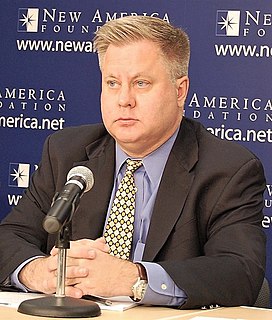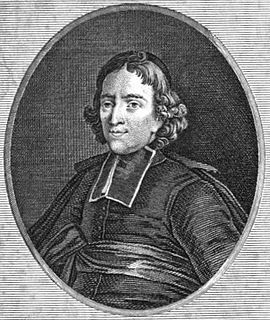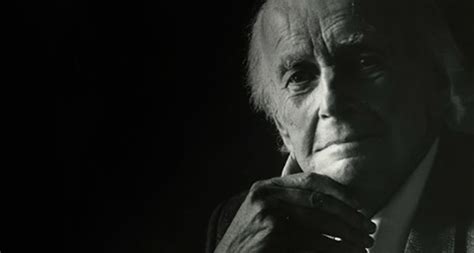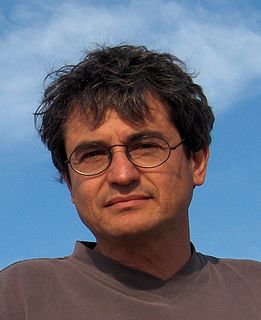A Quote by William Graham Sumner
Men educated in [the critical habit of thought]are slow to believe. They can hold things as possible or probable in all degrees, without certainty and without pain.
Related Quotes
In general, it can be said that no contemplative life is possible without ascetic self-discipline. One must learn to survive without the habit-forming luxuries which get such a hold on men today. I do not say that to be a contemplative one absolutely has to go without smoking or without alcohol, but certainly one must be able to use these things without being dominated by an uncontrolled need for them.
Muscles without strength, friendship without trust, opinion without risk, change without aesthetics, age without values, food without nourishment, power without fairness, facts without rigor, degrees without erudition, militarism without fortitude, progress without civilization, complication without depth, fluency without content; these are the sins to remember.
After we have thought out everything carefully in advance and have sought and found without prejudice the most plausible plan, we must not be ready to abandon it at the slightest provocation. should this certainty be lacking, we must tell ourselves that nothing is accomplished in warfare without daring; that the nature of war certainly does not let us see at all times where we are going; that what is probable will always be probable though at the moment it may not seem so; and finally, that we cannot be readily ruined by a single error, if we have made reasonable preparations.
Genius is neither learned nor acquired. It is knowing without experience. It is risking without fear of failure. It is perception without touch. It is understanding without research. It is certainty without proof. It is ability without practice. It is invention without limitations. It is imagination without boundaries. It is creativity without constraints. It is...extraordinary intelligence!
I have lived, Sir, a long time and the longer I live, the more convincing proofs I see of this truth -- that God governs in the affairs of men. And if a sparrow cannot fall to the ground without his notice, is it probable that an empire can rise without his aid? We have been assured, Sir, in the sacred writings that "except the Lord build they labor in vain that build it." I firmly believe this; and I also believe that without his concurring aid we shall succeed in this political building no better than the Builders of Babel
To claim that the souls of men will be happy or unhappy after the death of the body, is to pretend that man will be able to see without eyes, to hear without ears, to taste without a palate, to smell without a nose, and to feel without hands and without skin. Nations who believe themselves very rational, adopt, nevertheless, such ideas.
The absurd man will not commit suicide; he wants to live, without relinquishing any of his certainty, without a future, without hope, without illusions … and without resignation either. He stares at death with passionate attention and this fascination liberates him. He experiences the “divine irresponsibility” of the condemned man.
Rationality and the instinct of collaboration have already given us large regions and long periods of peace and prosperity. Ultimately, they will lead us to a planet without countries, without wars, without patriotism, without religions, without poverty, where we will be able to share the world. Actually, maybe I am not sure I truly believe that I believe this, but I do want to believe that I believe this.



































